HPE bid for Juniper Networks sets it up for battle with Cisco, Dell, and Broadcom in networking space
The mega deal will position HPE as a new strong contender in the networking market, but it faces stiff competition from established industry heavyweights
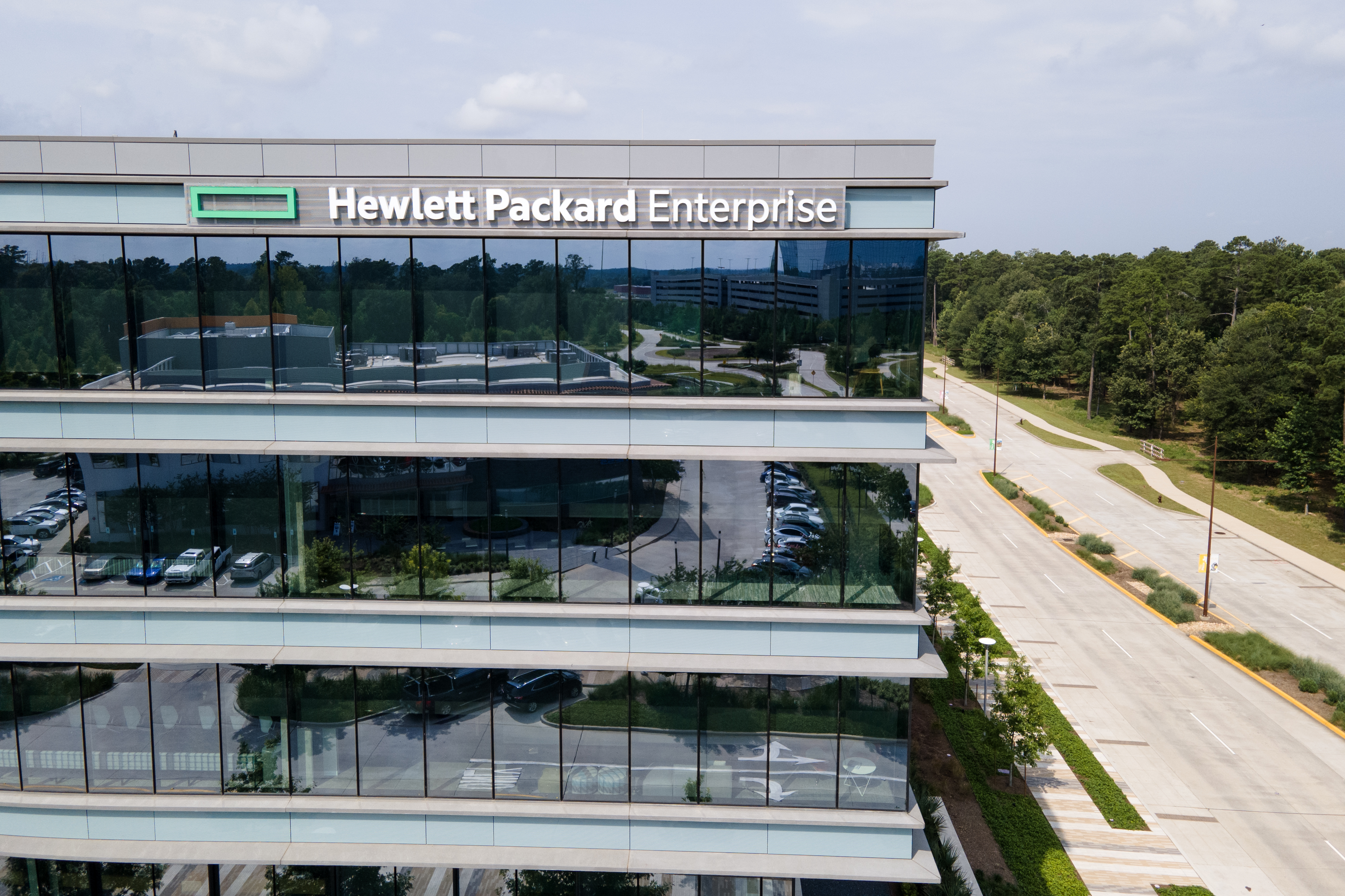

HPE's $14 billion bid for Juniper Networks is likely to create a new strong contender in the networking space which is rapidly adding AI-powered features to make networks and data centers more efficient and easy to manage.
HPE said the deal will double the scale of its networking business, a high-margin segment for the company, and forms part of its effort to shift into higher-growth areas of tech.
Networking currently accounts for about 18% of HPE’s total revenue - the addition of Juniper will see that jump to around 31% and it will contribute more than 56% of HPE’s total operating income.
Brandon Butler, a research manager with IDC’s network infrastructure group said that AI is a clear underlying driver of this deal.
“The combination of HPE and Juniper will create a strong networking company that is well-positioned to compete in the expanding era of AI everywhere. There are two main aspects of the AI opportunity in networking this acquisition supports,” he said.
“The first is around building data center network infrastructure to support data intensive AI workloads. Juniper's strength in datacenter and cloud networking will build on HPE's broader edge-to-cloud portfolio," Butler added. "The second aspect of AI in networking is around AI Operations being used to enhance the management of the network.”
HPE has been very clear on this aspect of the deal, viewing it as an opportunity to capitalize on the “explosion of AI and hybrid cloud-driven business” and accelerating demand for technologies that connect, protect, and analyze data from edge to cloud.
Get the ITPro daily newsletter
Sign up today and you will receive a free copy of our Future Focus 2025 report - the leading guidance on AI, cybersecurity and other IT challenges as per 700+ senior executives
The tech giant sees networking as a critical connective component here, so adding Juniper’s portfolio of technologies will ‘supercharge’ HPE’s strategy, it said.
“The combination with HPE Aruba Networking and purposely designed HPE AI interconnect fabric will bring together enterprise reach, and cloud native and AI-native management and control, to create a premier industry player that will accelerate innovation to deliver further modernized networking optimized for hybrid cloud and AI,” HPE said.
Networking will become the new core business and architecture foundation for HPE’s hybrid cloud and AI offerings delivered via its GreenLake hybrid cloud platform.
HPE said another benefit of the deal is that it will give it the chance to sell into Juniper’s installed base of enterprise customers, communication service providers, and cloud customers. The deal will also launch HPE into new segments, including data center networking, firewalls, and routers.
HPE faces stiff competition in networking space
Akshara Bassi, senior analyst at Counterpoint Research, told ITPro the proposed acquisition will provide HPE with a more aligned services offering, but long-term could pit the tech giant in a battle with industry heavyweights such as Cisco, or Broadcom.
“This will definitely make HPE a strong contender in the networking market where Cisco, Dell, Broadcom have strong presence. With AMD, Nvidia also strengthening their presence it will give HPE an advantage as it provides a more synced offering,” she said.
Juniper CEO Rami Rahim will lead the combined HPE networking business when the deal is completed, and said the combination will boost its offerings in AI-native networking.
“Together, we will accelerate innovation at every layer: compute, storage and networking; silicon, systems and software; campus and branch, data center and the wide area network,” he said.

Rami Rahim, chief executive officer from Juniper, speaks during the opening stage of digital X special event.
Rahim said by bringing together HPE GreenLake with the Juniper’s Mist AI, the combined company will be able to offer network as a service in “a very comprehensive way”.
Mist AI uses artificial intelligence, machine learning, and data science techniques to optimize networks and simplify operations across the wireless access, wired access, and SD-WAN domains by ingesting data from access points, switches, routers and firewalls.
Data center is another area of focus he said, especially as customers start building out AI data centers.
“So, make no mistake – this is not just a bet for the enterprise segment. This combination is expected to dramatically increase the global footprint and reach across ALL customer verticals, including cloud, service provider and enterprise,” Rahim said.
RELATED RESOURCE
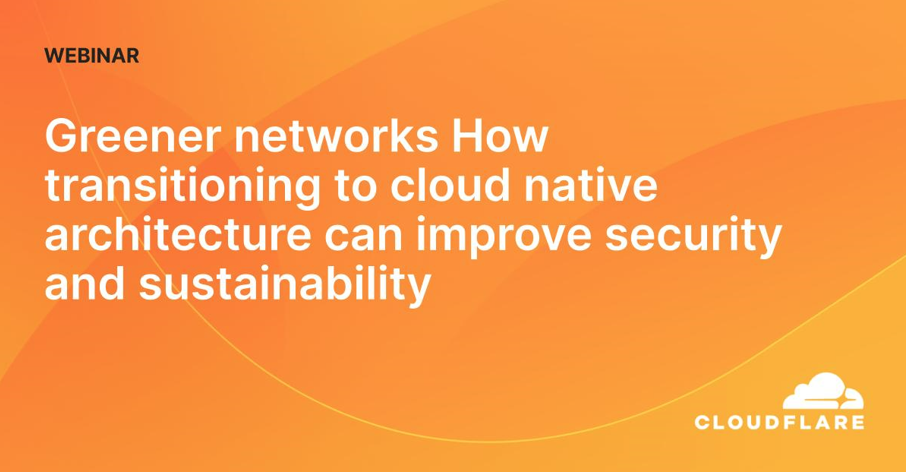
Get insight into how you can reduce your carbon impact
WATCH NOW
Bassi said Juniper Networks offers synergies for HPE’s networking business because HPE has the Aruba line of products for switching and networking.
“This also expands and strengthens HPE's product proposition across [the] data center segment. As AI demand is expanding, so is the demand for networking in data centers,” he commented.
The transaction is currently expected to close in late calendar year 2024 or early calendar year 2025. HPE said the deal is expected to result in operating efficiencies and annual cost “synergies” of $450 million within three years of closing.
Beyond finding those cost savings there are other potential challenges in the form of integrating HPE and Juniper's suite of products which primarily serve the same segment - like networking for data center and telcos.
“The opportunities lie in the resonance of product and feature excellence as HPE gets access to networking markets where Juniper is the lead. It also deepens its presence across the data center value chain while expanding its portfolio of solutions focused on data centers and enterprise networking,” Bassi said.
Steve Ranger is an award-winning reporter and editor who writes about technology and business. Previously he was the editorial director at ZDNET and the editor of silicon.com.
-
 Bigger salaries, more burnout: Is the CISO role in crisis?
Bigger salaries, more burnout: Is the CISO role in crisis?In-depth CISOs are more stressed than ever before – but why is this and what can be done?
By Kate O'Flaherty Published
-
 Cheap cyber crime kits can be bought on the dark web for less than $25
Cheap cyber crime kits can be bought on the dark web for less than $25News Research from NordVPN shows phishing kits are now widely available on the dark web and via messaging apps like Telegram, and are often selling for less than $25.
By Emma Woollacott Published
-
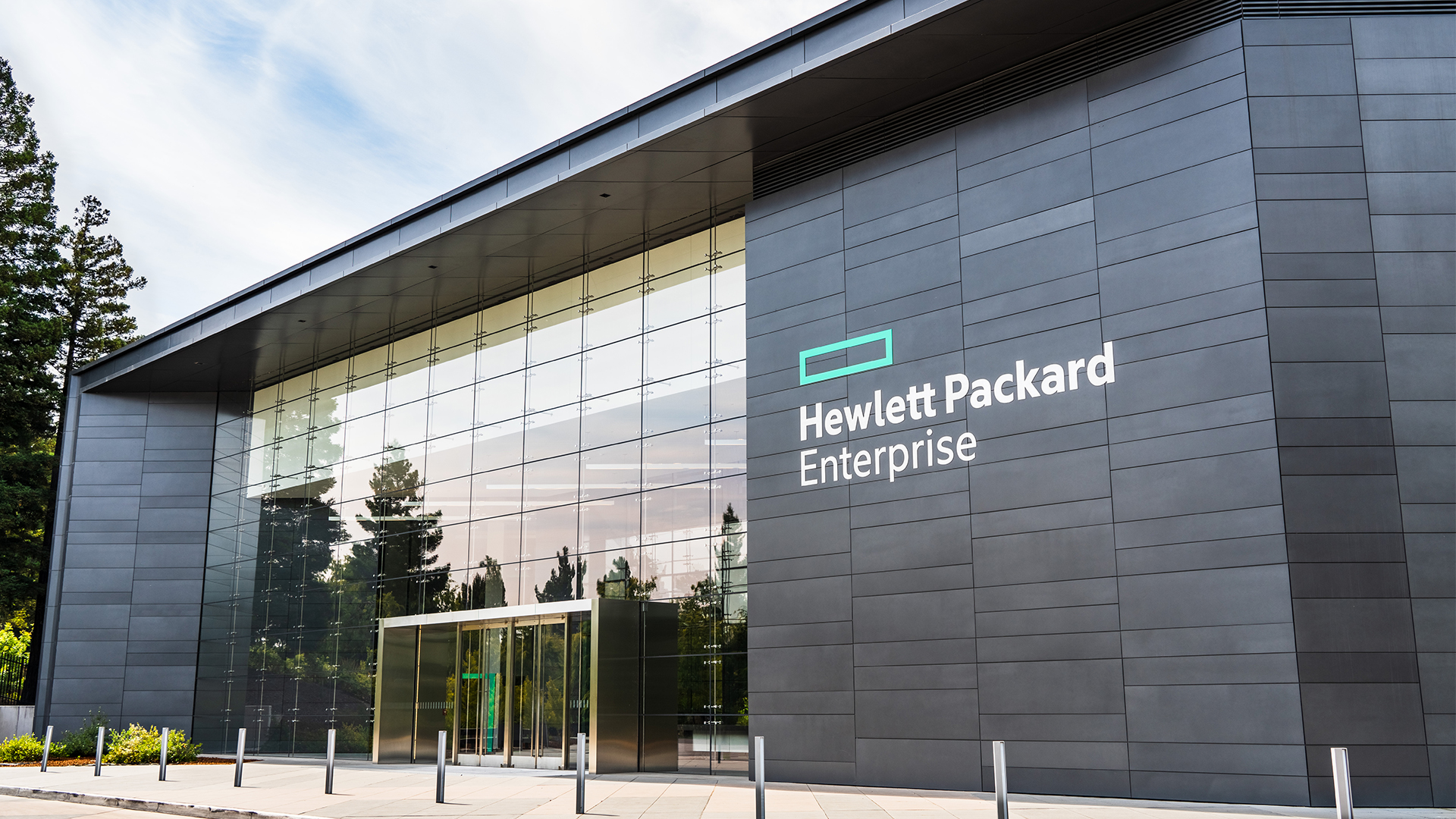 HPE eyes enterprise data sovereignty gains with Aruba Networking Central expansion
HPE eyes enterprise data sovereignty gains with Aruba Networking Central expansionNews HPE has announced a sweeping expansion of its Aruba Networking Central platform, offering users a raft of new features focused on driving security and data sovereignty.
By Ross Kelly Published
-
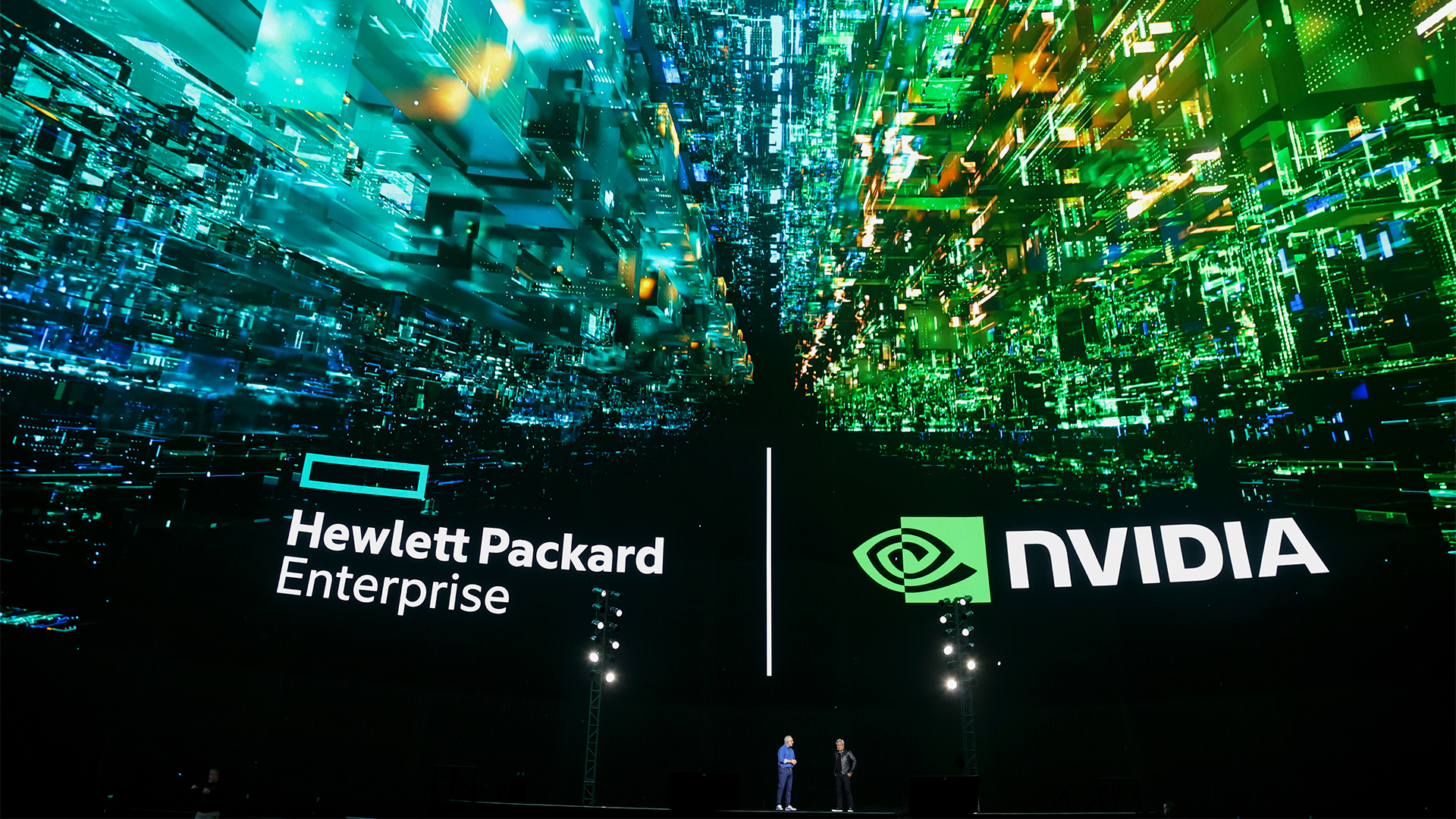 HPE unveils Mod Pod AI ‘data center-in-a-box’ at Nvidia GTC
HPE unveils Mod Pod AI ‘data center-in-a-box’ at Nvidia GTCNews Water-cooled containers will improve access to HPC and AI hardware, the company claimed
By Jane McCallion Published
-
 ‘Divorced from reality’: HPE slams DOJ over bid to block Juniper deal, claims move will benefit Cisco
‘Divorced from reality’: HPE slams DOJ over bid to block Juniper deal, claims move will benefit CiscoNews HPE has criticized the US Department of Justice's attempt to block its acquisition of Juniper Networks, claiming it will benefit competitors such as Cisco.
By Nicole Kobie Published
-
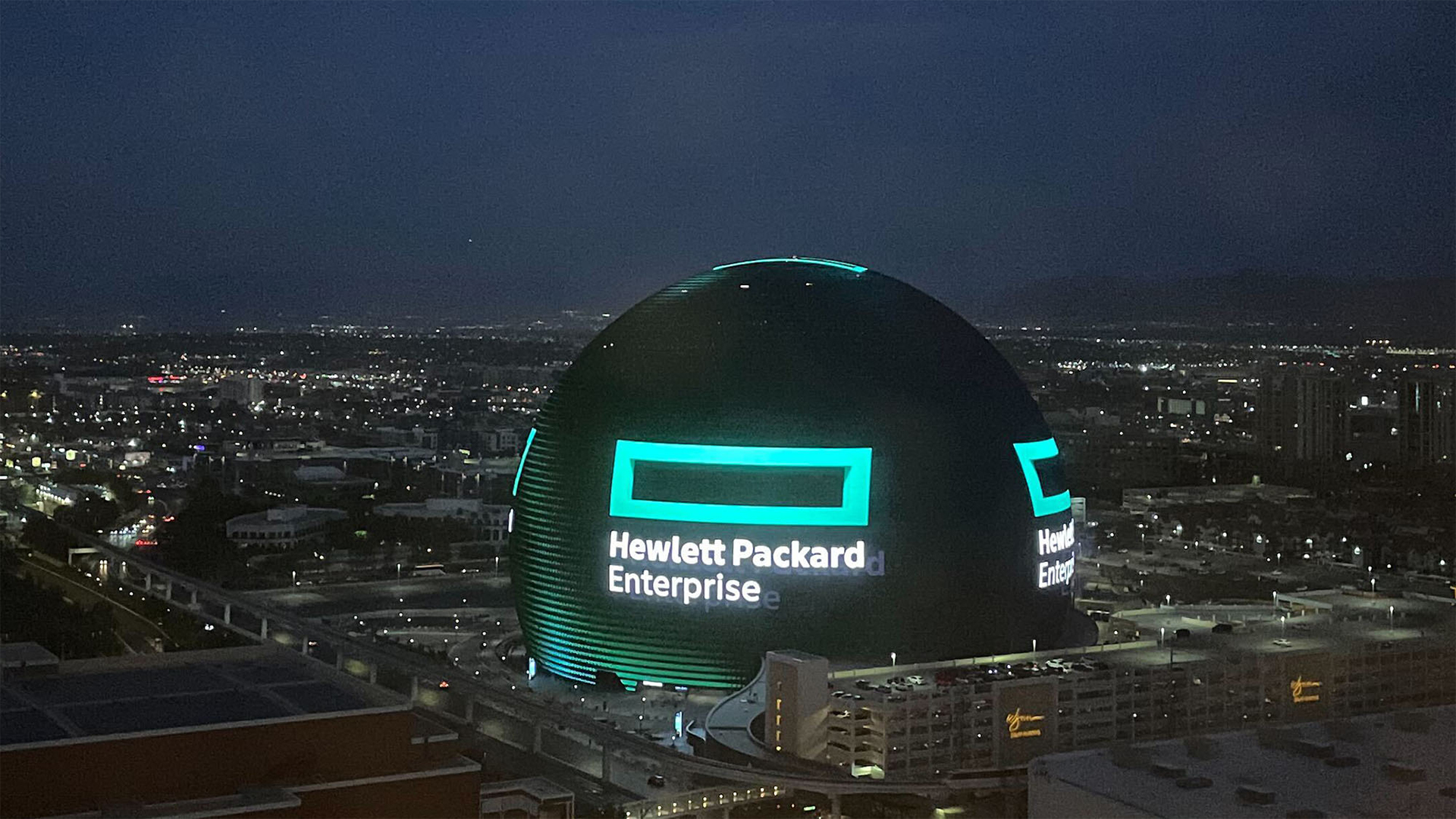 HPE plans to "vigorously defend" Juniper Networks deal as DoJ files suit to block acquisition
HPE plans to "vigorously defend" Juniper Networks deal as DoJ files suit to block acquisitionNews The US Department of Justice (DoJ) has filed a suit against HPE over its proposed acquisition of Juniper Networks, citing competition concerns.
By Nicole Kobie Published
-
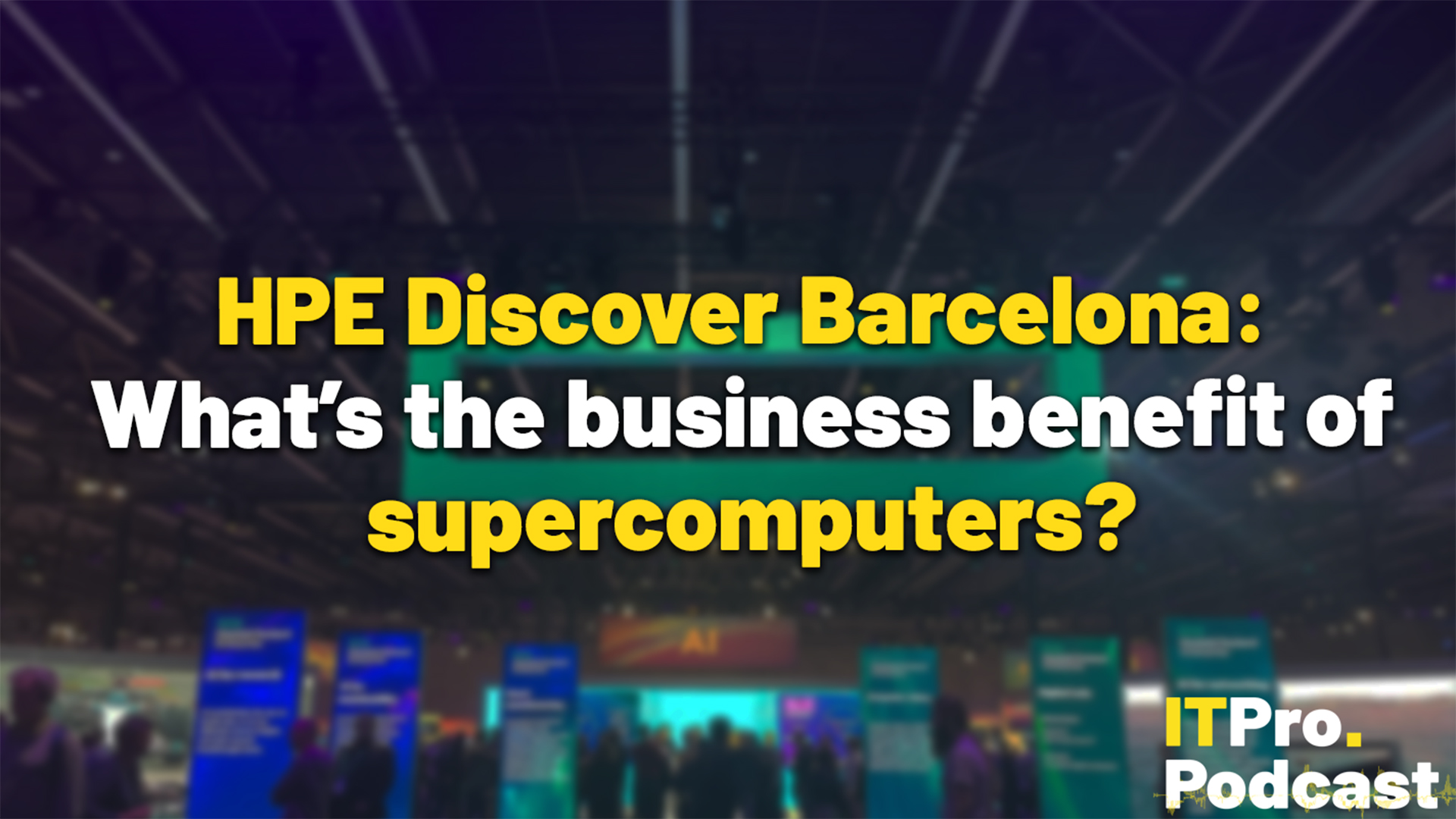 HPE Discover Barcelona: What’s the business benefit of supercomputers?
HPE Discover Barcelona: What’s the business benefit of supercomputers?ITPro Podcast With potential in fields such as AI to scientific modelling, global interest in supercomputers continues to rise
By Jane McCallion Published
-
 El Capitan powers up, becomes fastest supercomputer in the world
El Capitan powers up, becomes fastest supercomputer in the worldNews Earth’s newest supercomputer is fast, efficient, and its use cases are rather different
By Jane McCallion Published
-
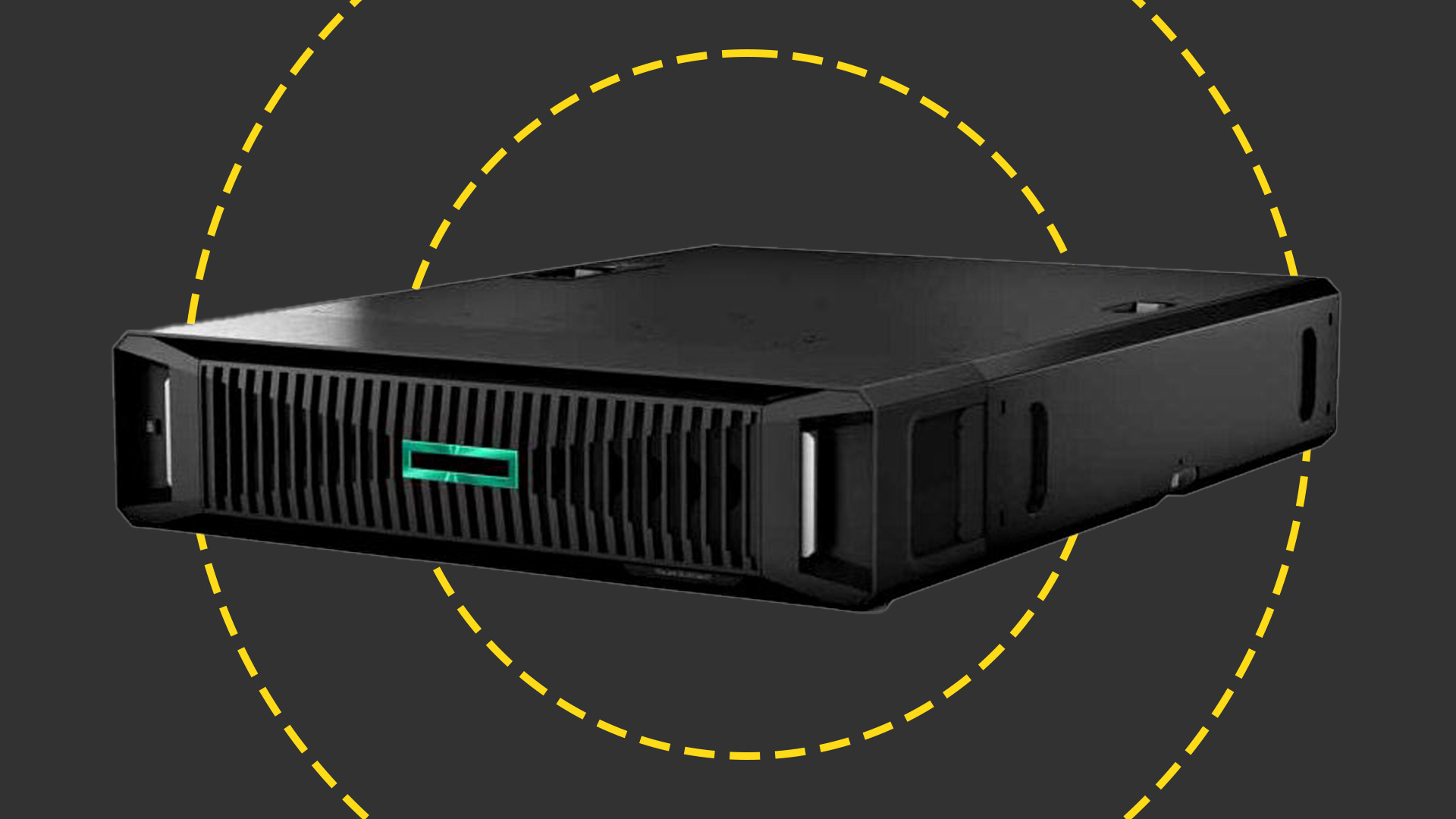 HPE ProLiant DL145 Gen11 review: HPE pushes EPYC power to the network edge
HPE ProLiant DL145 Gen11 review: HPE pushes EPYC power to the network edgeReviews A rugged and very well-designed edge server offering a remarkably high EPYC core count for its size
By Dave Mitchell Published
-
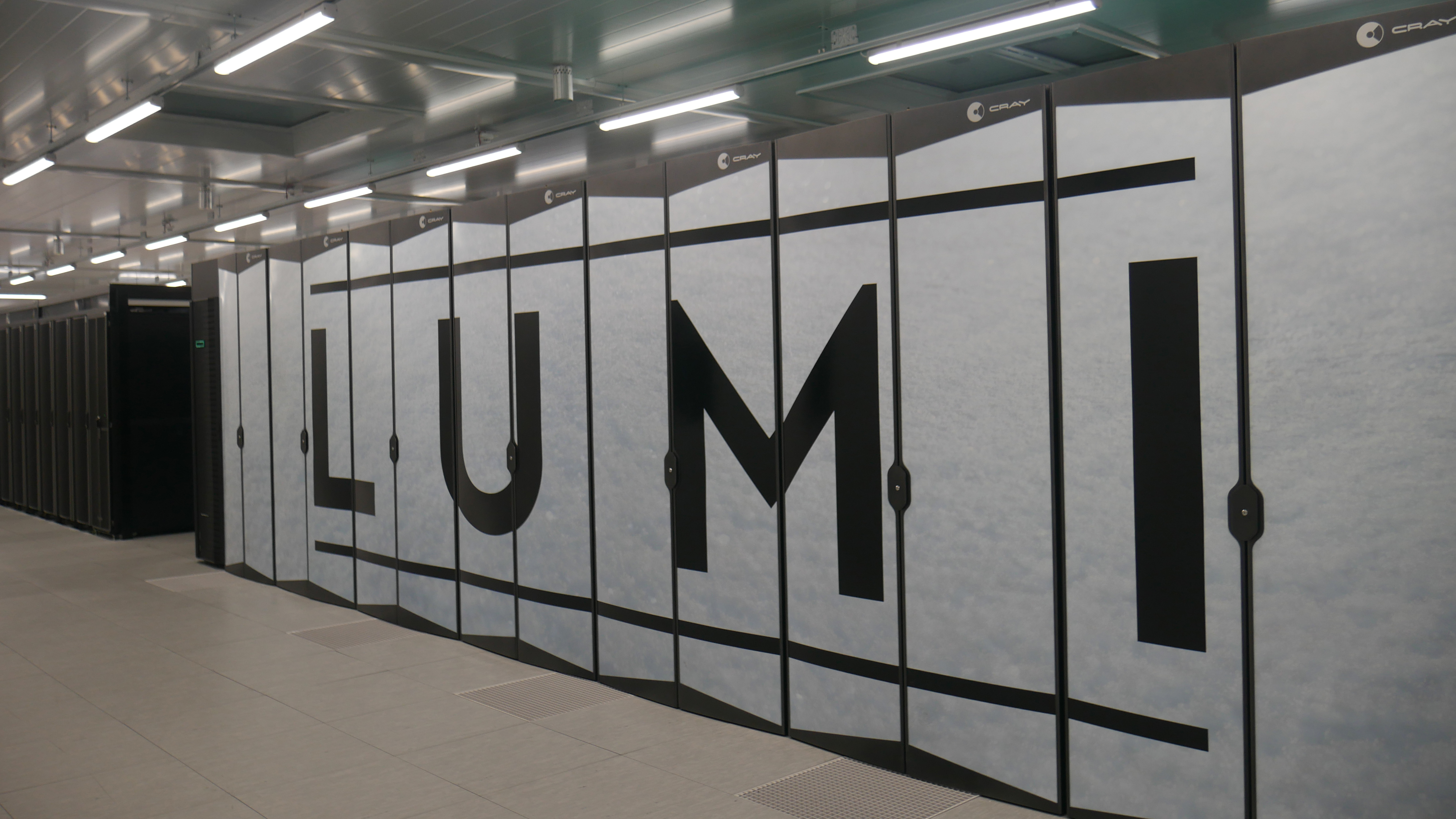 Inside Lumi, one of the world’s greenest supercomputers
Inside Lumi, one of the world’s greenest supercomputersLong read Located less than 200 miles from the Arctic Circle, Europe’s fastest supercomputer gives a glimpse of how we can balance high-intensity workloads and AI with sustainability
By Jane McCallion Published